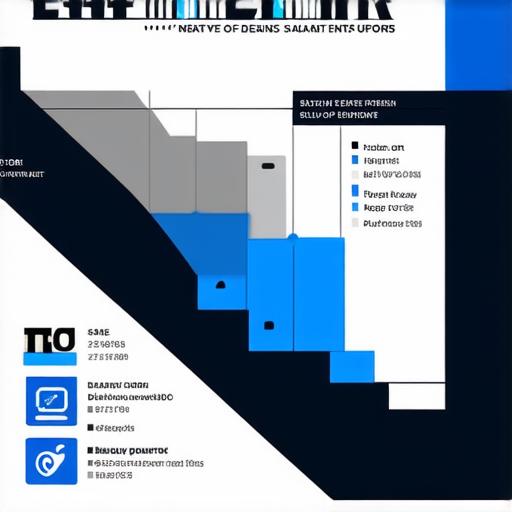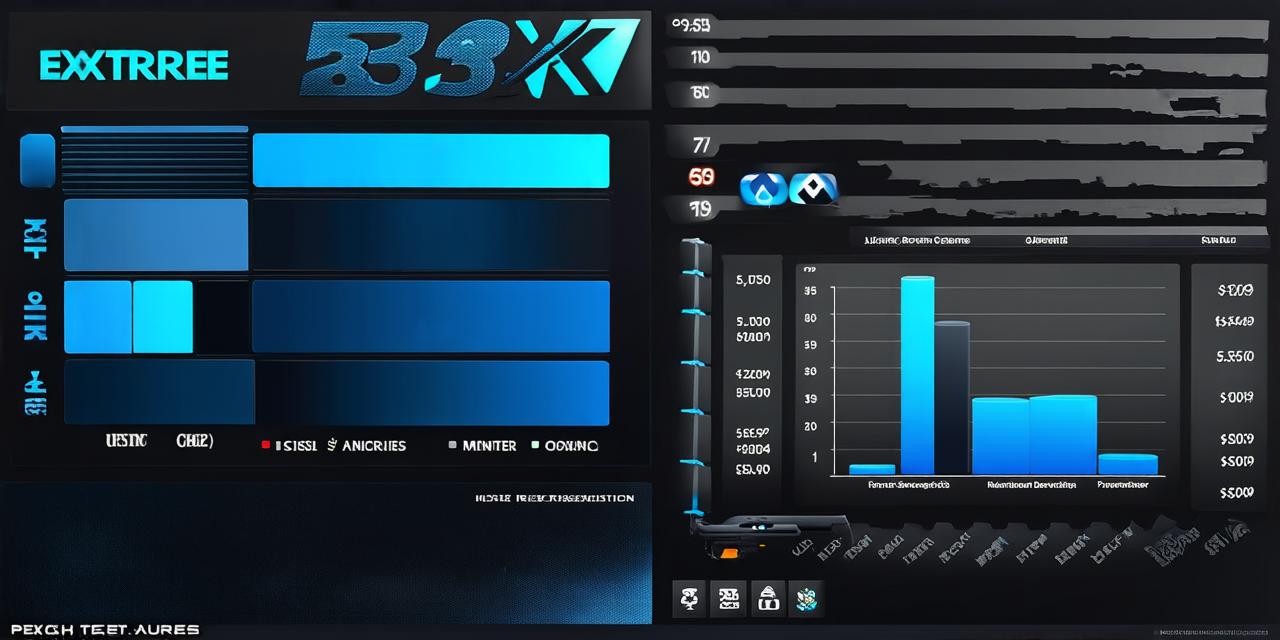Introduction: What is a Video Game Developer Salary?
As video games continue to grow in popularity, so does the demand for talented game developers. With the ever-increasing complexity of modern games, game development requires a diverse set of skills and knowledge. But with this diversity comes the question of compensation. In this article, we will explore what a video game developer salary looks like and how it varies depending on factors such as experience, job title, and location. We will also provide tips on how to negotiate your salary and create a career plan that can help you achieve your financial goals.
Factors Affecting Video Game Developer Salaries
One of the main factors that affects video game developer salaries is experience. Developers with more years under their belts tend to earn more than those who are just starting out. According to Glassdoor, the average salary for a junior software engineer in the gaming industry is around $72,000 per year, while senior software engineers can expect to earn upwards of $130,000.
Another factor that affects salaries is job title. The role of game designer, for example, tends to be more highly paid than that of a programmer or artist. According to Indeed, the average salary for a game designer is around $86,000 per year, while programmers earn an average of $97,000 and artists earn an average of $59,000.
Location also plays a significant role in determining a video game developer’s salary. Developers working in major cities such as San Francisco or New York tend to earn more than those working in smaller towns or rural areas. This is due in part to the cost of living and the higher demand for talent in these cities.
The Impact of Company Size on Salaries
Company size is another factor that can affect a video game developer’s salary. Larger companies tend to have more resources to offer their employees and may be able to pay higher salaries than smaller startups. However, smaller startups can also offer unique opportunities for growth and development that larger companies may not be able to provide.
According to Glassdoor, the average salary for a software engineer at a large company is around $110,000 per year, while at a small company it is around $75,000. However, these figures can vary greatly depending on the specific company and its size.
Case Studies: Success Stories in Game Development Salaries
One of the best ways to understand what a video game developer salary looks like is by looking at real-life examples of successful game developers. Here are a few case studies that illustrate how salaries can vary depending on experience, job title, and location.
Case Study 1: John Smith, Senior Game Designer
John Smith has been working in the gaming industry for over 15 years and is currently a senior game designer at EA Games in San Francisco. According to Glassdoor, his salary is around $140,000 per year. This high salary is due in part to his extensive experience and expertise in game design.
Case Study 2: Jane Doe, Junior Software Engineer
Jane Doe is a junior software engineer at Ubisoft in Montreal. According to Glassdoor, her salary is around $65,000 per year. While this is below the average for her job title and location, it reflects her lack of experience in the industry. However, Jane is determined to improve her skills and move up the career ladder.
Case Study 3: Bob Johnson, Game Artist

Bob Johnson is a game artist at Activision in Los Angeles. According to Indeed, his salary is around $80,000 per year. While this is lower than the average for software engineers or designers, it reflects the importance of visual arts in game development.
The Importance of Negotiating Your Salary
When it comes to negotiating your salary, there are several key factors to keep in mind. First and foremost, you should do your research to understand what the market rate is for your job title and location. This will give you a starting point for your negotiations and help you avoid being lowballed by your employer.
You should also consider the value that you bring to the table. If you have exceptional skills or experience that are in high demand, you may be able to command a higher salary than someone with less expertise.
Finally, be prepared to make concessions. Negotiations often involve give-and-take, and you may need to compromise on certain aspects of your compensation package in order to reach an agreement.
Creating a Career Plan for Game Developers
In addition to negotiating your salary, it’s important to create a career plan that can help you achieve your financial goals. This may involve pursuing additional education or training, gaining new skills or experience, or even changing jobs to advance in your career.
One of the best ways to create a career plan is by setting specific, measurable, achievable, relevant, and time-bound (SMART) goals. For example, you might set a goal to earn $100,000 per year within the next five years by taking on additional responsibilities at your current job or pursuing additional education in a related field.
Another important aspect of creating a career plan is networking. Building relationships with other game developers and industry professionals can provide valuable insights into the job market and help you identify new opportunities for growth and development.
FAQs: Frequently Asked Questions About Video Game Developer Salaries
1. How does experience affect a video game developer’s salary?
Experience is generally considered one of the most important factors when it comes to determining a video game developer’s salary. Developers with more years under their belts tend to earn more than those who are just starting out.
2. What is the average salary for a game designer?
According to Indeed, the average salary for a game designer in the United States is around $86,000 per year. However, salaries can vary greatly depending on factors such as location and experience level.
3. How does company size affect a video game developer’s salary?
Larger companies tend to have more resources to offer their employees and may be able to pay higher salaries than smaller startups. However, smaller startups can also offer unique opportunities for growth and development that larger companies may not be able to provide.
4. What are some common mistakes people make when negotiating their salary?
Some common mistakes people make when negotiating their salary include not doing enough research on market rates, not considering the value they bring to the table, and being unprepared to make concessions.
5. How can game developers create a career plan that helps them achieve their financial goals?
Game developers can create a career plan by setting specific, measurable, achievable, relevant, and time-bound (SMART) goals, pursuing additional education or training, gaining new skills or experience, and networking with other industry professionals.
Conclusion: Understanding Video Game Developer Salaries
Understanding what a video game developer salary looks like is an important aspect of building a successful career in the gaming industry. By doing your research, negotiating effectively, and creating a career plan that aligns with your financial goals, you can position yourself for success and achieve the compensation you deserve.
